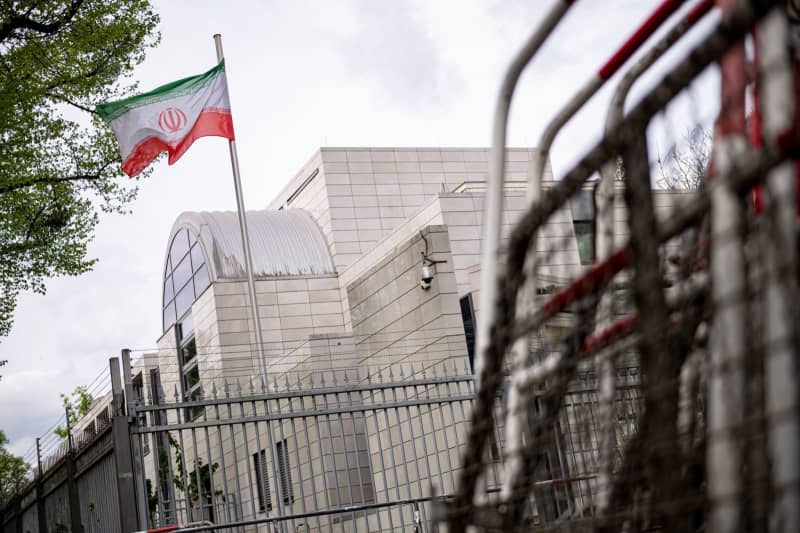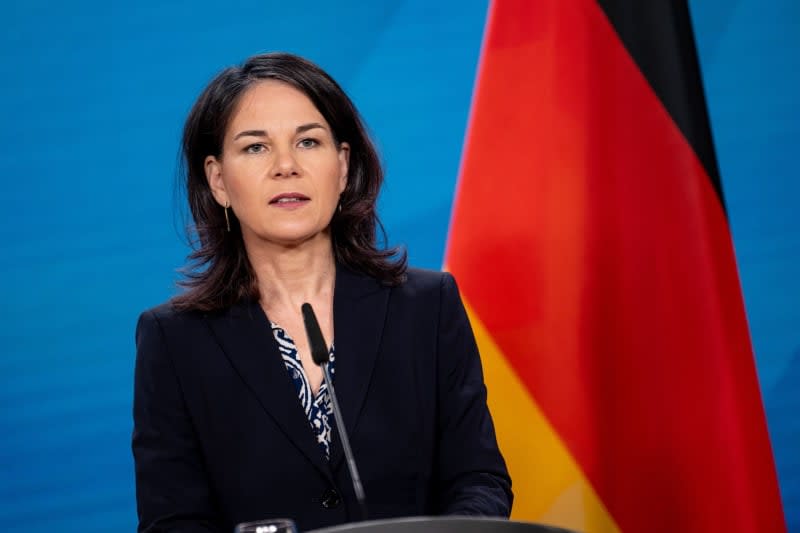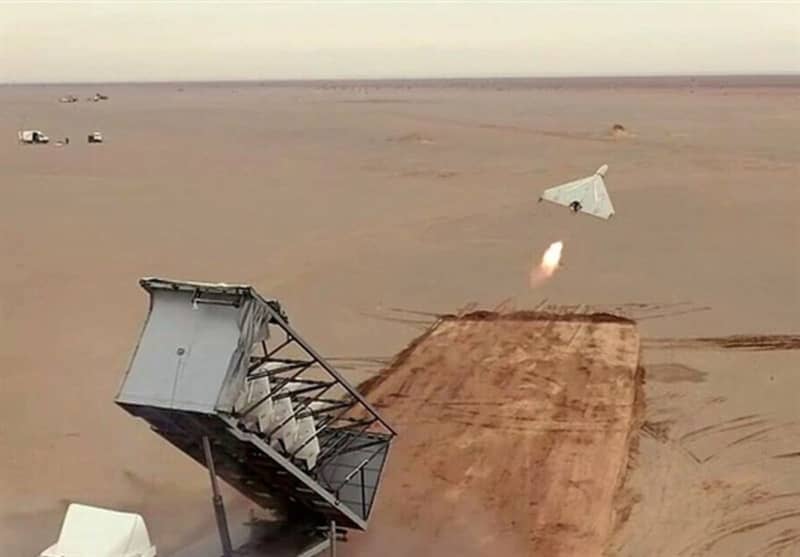Western European heads condemn Iran, warn of Middle East escalation

- Oops!Something went wrong.Please try again later.
Western European leaders condemned Iran's direct overnight attack on Israel in sharp terms on Sunday, while issuing warnings of an escalation in the ongoing conflict in the Middle East.
French President Emmanuel Macron said the attack threatened to destabilize the region. "France is working along with its partners for de-escalation and calls for restraint," he posted on X.
Macron expressed solidarity with the people of Israel and emphasized the significance of Israeli security for France.
According to Israel Defense Forces (IDF) spokesman Daniel Hagari, France contributed to warding off the Iranian aerial attacks by providing airspace monitoring.
Italian Prime Minister Giorgia Meloni posted on X, formerly Twitter: "We are extremely concerned about a further destabilization in the region and are continuing to work to prevent this." Italy, which currently chairs the G7, has arranged a video conference of G7 leaders for Sunday afternoon.
The comments follow German Chancellor Olaf Scholz, who condemned the Iranian airstrikes on Israel "in the strongest possible terms" upon landing in China for an official visit.
"Iran is risking a regional conflagration with this irresponsible and unjustifiable attack," government spokesman Steffen Hebestreit said after the chancellor's arrival in the economic metropolis of Chongqing.
"In these difficult hours, Germany is standing closely by Israel's side."
Dutch Prime Minister Mark Rutte described the situation in the Middle East as deeply worrying, and also expressed concerns about a possible escalation.
Belgian Prime Minister Alexander De Croo called for restraint on all sides. "Iran is a known sponsor of state terrorism," he posted on X.
De Croo called for an "immediate ceasefire" in the region. Belgium has been increasingly critical of Israeli policy in the Gaza Strip.
Irish Prime Minister Simon Harris termed the Iranian attack "reckless" and urged all sides to show restraint and avoid escalation. Ireland has been among the sharpest critics of Israeli military action in the Gaza Strip.
Irish Foreign Minister Micheál Martin has called for a two-state solution and indicated that Ireland is preparing to recognize a Palestinian state, a move that is rejected by Israeli leaders.



